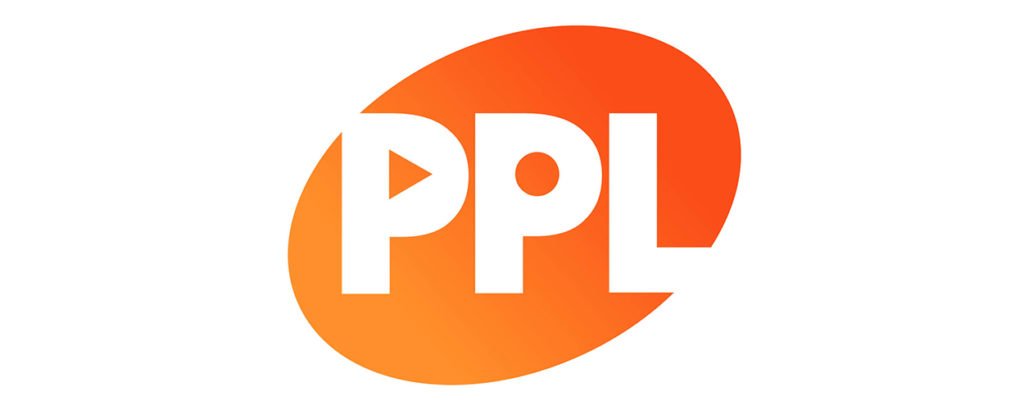This website uses cookies so that we can provide you with the best user experience possible. Cookie information is stored in your browser and performs functions such as recognising you when you return to our website and helping our team to understand which sections of the website you find most interesting and useful.
Business News Digital Labels & Publishers
PPL to lead on new record industry joined-up data initiative
By Chris Cooke | Published on Wednesday 23 October 2019

Global record industry trade groups IFPI and WIN yesterday announced a new initiative designed to simplify the way record labels and music distributors provide key data about the recordings they own and represent to their collecting societies. The UK record industry’s society, PPL, will lead on the initiative.
Collecting societies, of course, represent artists, labels, songwriters and publishers in those licensing scenarios where the industry has decided to license collectively, ie as one. Quite when collective licensing applies varies from country to country – and is different between recording rights and song rights – but commonly applies to radio, TV, live music and when recordings get played in public.
In order to know who to pay when music gets played in these scenarios, each collecting society has a database of its members works. Whenever labels release new tracks and publishers publish new songs information about those works, the people involved in making them, and the people with a stake in the resulting copyrights, all needs to be logged.
Each country has its own collecting societies, each of which have their own databases. Which is a lot of databases. One of the challenges for the music industry has always been getting the right data into all those databases, keeping said data up to date, and making sure the data is consistent across the world.
This has become ever more important as new services and new technologies have increased the number of micro-payments processed by the music industry each month. And these collecting society databases can have an impact beyond collective licensing because, with copyright an unregistered right in most of the world, the music industry generally treats its society databases as being how you get your music officially “into the system”.
The new Repertoire Data Exchange project, or RDx, aims to make it easier for those on the recordings side of the business to log their tracks with all the relevant society databases, ensuring said databases are updated quicker and more accurately, which in turn makes the payment of royalties by the collecting societies more efficient.
IFPI and WIN explain: “Record companies have historically used a variety of data delivery processes to supply content to individual [societies] around the world, presenting challenges in the supply of recording data. RDx will offer recording right holders of all sizes, from all countries, a single registration point to supply their repertoire data in a standardised format that can be quickly and easily accessed by all [societies], leading to improvements in data quality”.
An assortment of music firms and collecting societies – coordinated by IFPI and WIN – have been involved in setting up the RDx project, including all three majors, indies Beggars, [PIAS] and state51, plus societies PPL, Re:Sound, SENA and Gramex Finland.
Announcing all this, IFPI boss Frances Moore said: “Record companies continue to invest in and enhance the accuracy and management of music data in many different areas of the industry. RDx is a key example of an initiative that will benefit all parties involved. It will improve operational efficiencies and lower costs for right holders whilst allowing [societies] to retrieve authoritative repertoire data from a single point – enabling more accurate and timely distribution of revenues”.
Meanwhile WIN’s COO Charlie Phillips added: “[Society-collected royalties] make up an increasingly important part of independent labels’ revenues. With music being globally accessible, our association members’ repertoire travels the globe and sees revenues generated internationally. Historically, supplying complex data into the international network of [societies] has not been straightforward for independent producers and right holders”.
“The international independent sector has, through WIN, supported the development of RDx over several years since its inception” he went on. “We are delighted that the industry has worked together to create a service for the benefit of all labels and producers. We look forward to working on a joint basis with IFPI as RDx gathers momentum”.
And finally the boss of PPL, which will lead on the project, Peter Leathem, said: “In recent years, we at PPL have invested significantly in our technology and data capabilities; as such, our leading role in the development of RDx is complementary to our existing operations”.
“We are well placed”, he continued, “to support IFPI and WIN to address the challenges of big data, drawing on our in-house experience in using [data standards] DDEX, our relationships with music licensing companies around the world, and our expertise gained from managing huge volumes of recording data every week. This is a significant step forward in global data management and we are proud to be powering such an innovative solution on behalf of IFPI and WIN”.
RDx is, of course, a record industry initiative, and is therefore focused on recording rights not song rights. Similar initiatives do exist to try to better sync up databases on the songs side. And then there is the real holy grail in music rights data, industry-wide agreement on the matching of recordings to songs. Some people are working on that too.
Each initiative that joins up databases and deals with data clashes is a step in the right direction, though there is still much work to be done to get the accurate consistent global data set that could fix so many issues in the music rights business.





